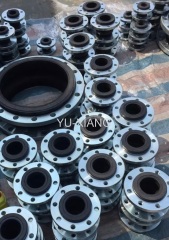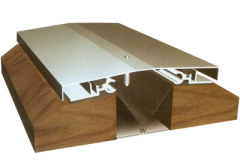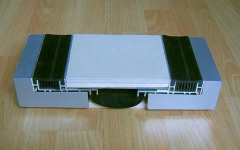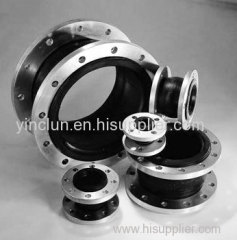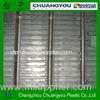
building Rubber Expansion Joints
| Place of Origin: | Jiangsu |
|---|
Company Profile
| Location: | Changzhou, Jiangsu, China (Mainland) |
|---|---|
| Business Type: | Manufacturer |
| Main Products: | Rubber Sealing Strip, Rubber Door Seals, EPDM Sealing Strip |
Product Detail
| Model No.: | Rubber Expansion Joints |
|---|
Product Description
Standard building Rubber Expansion Joints Automotive Rubber Seals
Quick Detail:
Rubber Expansion Joints
Rich experience
Excellent engineers
High quality rubber expansion joints
Competitive price
Prompt delivery and best services
Description:
1. ISO 9001:2000 certificate, with many years experience
2. High qualified material, low MOQ, excellent quality, competitive prices,
And professional advice
3. Standard and non standard are all acceptable
4. Independent R&D team
5. Strict quality control management
6. Exquisite technological standard
7. Sufficient stock
8. Excellent after sales service
Features of Rubber Bridge Expansion Joint:
As one of the company’s main series of products, our rubber expansion joint stand most competitive position in the domestic & abroad markets of same industry by its convenient installation, stable running, waterproof, dustproof, little noise, light weight, and low cost and other features.
Applications:
Rubber Bridge Expansion Joint is used in Highway bridge decks, Service ramps, car parks and so on. Rubber Bridge Expansion Joint is used to prevent buildings or bridges appear some cracks because of climate change.
Railcars, automobile, steamboat, industrial electrical equipment, building door& window, construction machinery, bridge construction and tunnel. Etc.
Specification:
The whole requirements of rubber expansion joint
|
Items |
Rubber |
|
|
Plate-type |
Combined type |
|
|
1. Max horizontal frictional resistance of expansion and compression |
<18 |
≤8 |
|
2. Max vertical deviation or deformation of expansion and compression |
-3-3 |
-2-2 |
Dimensional deviation of rubber expansion joints
|
Length Range |
Deviation |
Width Range |
Deviation |
Thickness |
Deviation |
The hole distance of the screw L1deviation |
|
L=1000 |
-1,+2 |
α≤80 |
-2.0,+1.0 |
t≤80 |
-1.0,+1.8 |
<1.5 |
|
80<α≤240 |
-1.5,+2.0 |
t>80 |
-1.5,+2.3 |
|||
|
α>240 |
-2.0,+2.0 |
- |
- |
|||
|
Note: (Width Range) Positive deviation is used in the top of the expansion and contraction body, negative deviation is used in the bottom of the expansion and contraction body. |
||||||
You Might Also Like


